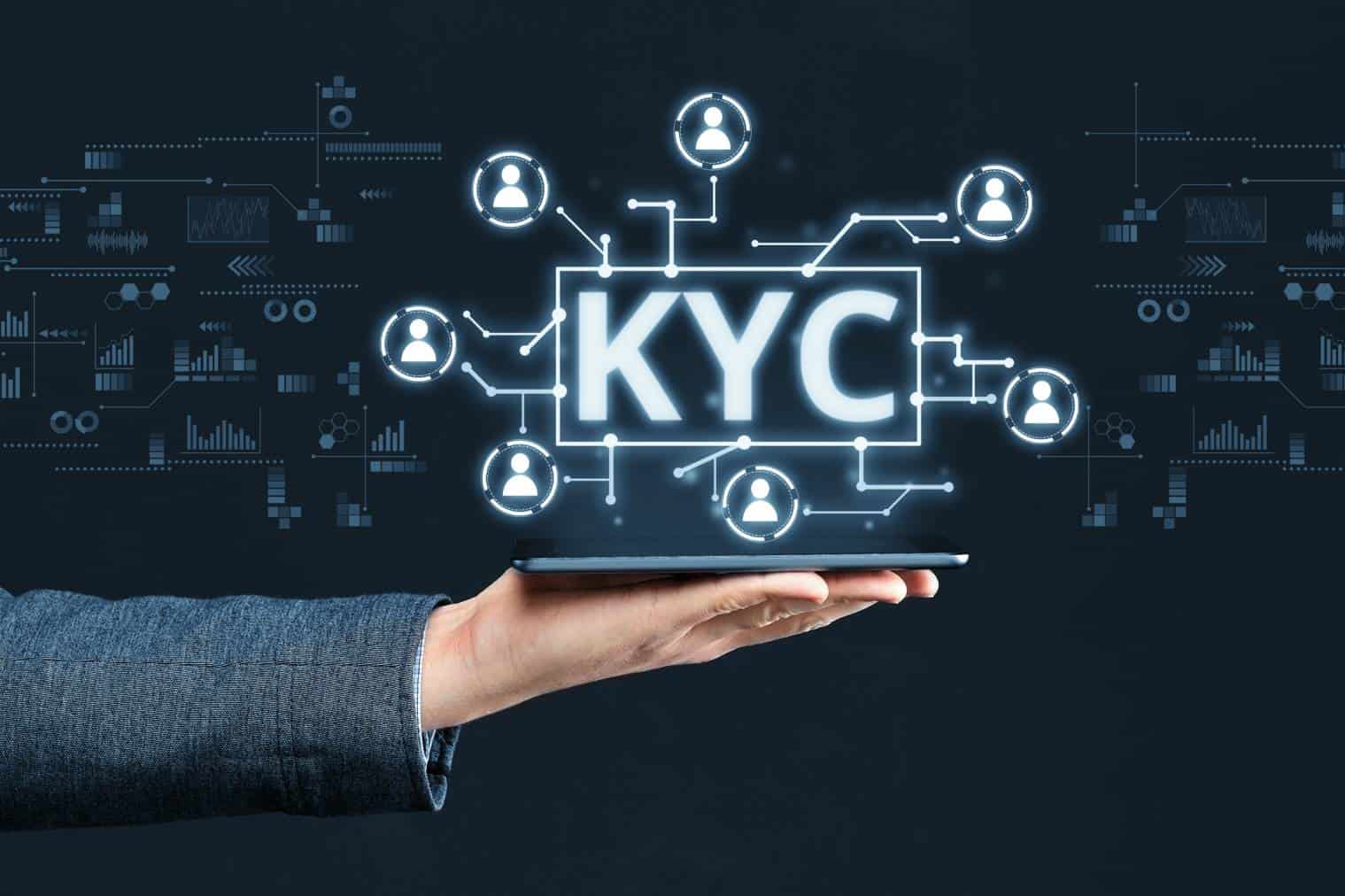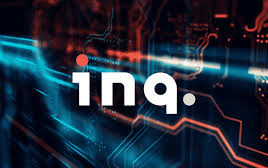In 2021, over 80 financial institutions across the globe paid $2.7 billion in fines relating to anti-money laundering (AML) failures, at an average of $34,151,237 per firm. These companies have something in common: a flaw in their customer verification process which can be manipulated for fraud and other illegal financial activities.
Even in Africa, top financial institutions such as Access Bank Nigeria and GTBank have also received huge fines for breaking AML and counter-terrorist financing (CTF) laws at different times, further underscoring the importance of AML and CTF compliance.
While KYC checks are often associated with financial institutions such as banks, virtually all businesses that make payments or hire companies to make payments on their behalf need to implement a KYC process. Brokers, private payment platforms, fintech tools, or wire transfers need to ensure that KYC forms part of their onboarding and monitoring processes.
Financial institutions and some industries are required to implement KYC processes by law, but these procedures are rarely as simple and straightforward as they seem. Why is that, “ ID verification has no one-size-fits-all approach for all firms”, Ibukun Adeleke, Retention Analyst at Dojah, said on a special edition of TC Live held on the 31st of January. She explained that ID verification has many forms/systems, so while in some industries, the ID verification process may be fair, in the financial sector it is more difficult because it’s a highly regulated industry. However, the ID verification processes are not uniform now due to the lack of standards and best practices in data collection and some users do not have the right documents for identity verification.
Getting the best practices in verification, may not happen now but it is good that consumers and users, including businesses, are becoming increasingly aware of the value of data, Ibukun Adeleke said.
What businesses need to know about ID verification, “KYC may not completely eradicate fraud but it could reduce it to minimal levels, which is why it is a critical process for African businesses”, Victor Irechukwu, Head of Engineering, One Pipe said. He further explained that asides from the fraud and AML aspects that ID verification tackles, it also helps every business know who they’re dealing with. With the data explosion and advancements in technology, it is imperative to verify identities and conduct KYC to ensure that your business is dealing with the right set of individuals.
To help businesses improve the ID verification standards, Dojah, an end-to-end identity verification and compliance platform, carried out research in partnership with TechCabal Insights, the data and research consulting arm of TechCabal to look into the ID verification and user onboarding trends in Africa. This report was put together to critically examine the Know Your Customer (KYC) landscape and how to navigate the challenges faced with customer verification in Africa.
To get more insights on the current state and future of Africa’s KYC ecosystem including trends such as the use of digital methods for biometric authentication, download the report in the link here.



















